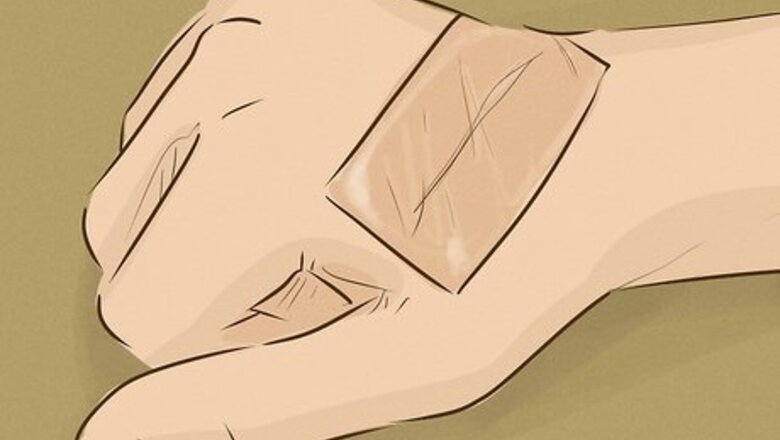
views
Healing Scars with Medical Applications
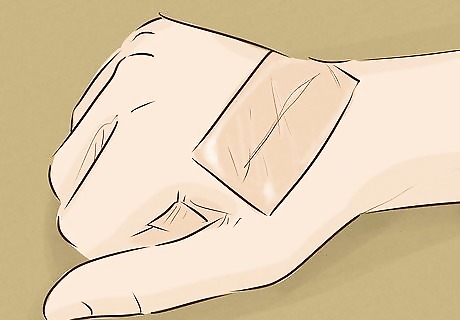
Apply silicone gel sheets. Silicone gel sheets have been shown to be very effective in healing scars quickly. These can be purchased over-the-counter from a local pharmacy. Follow the instructions on the box to apply them to your scar. In most cases, silicone gel sheets should be left on the site of the scar for 12 hours or more. You’ll have to reapply another sheet the following day. Healing time will vary from person to person. You may see your scar reduced in days, weeks, or months.

Use Vaseline. Vaseline (petroleum jelly) has the effect of moisturizing skin and scars. Moisture on skin will increase skin growth and regeneration. This may, in some circumstances, decrease the appearance of scars and help them heal quickly.
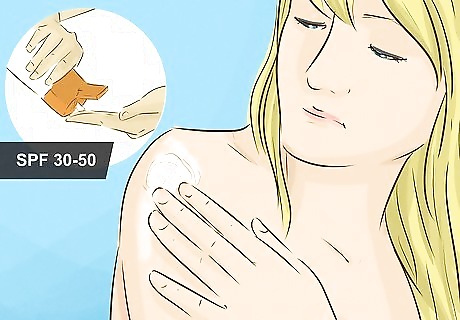
Put sunscreen on the scar. By applying sunscreen, you’ll help reduce the chance of red or brown discoloration occurring around the cut or scar. In addition, sunscreen will protect the skin, keep it moist and promote new skin growth. Rely on a broad-spectrum sunscreen of 30 SPF or higher. You should continue to apply sunscreen for several weeks. If you have dermatological issues, you may want to consult your dermatologist.

Use corticosteroid injections. Talk to your doctor about getting corticosteroid injections. By injecting corticosteroids into the site of a scar, you may be able to heal it or reduce its appearance. Steroids undermine the bonds of collagen fibers in your skin, which will help break down scar tissue. Once the scar tissue is broken down, new skin will grow in its place.
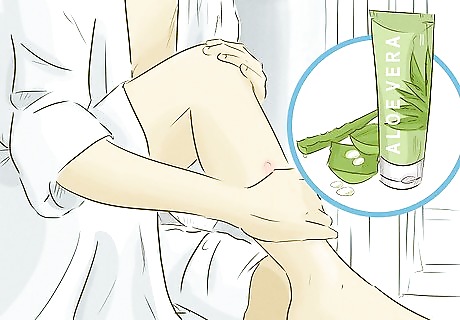
Apply aloe vera. Aloe vera is widely believed to help heal cuts and scars. By applying aloe vera to your scar, you’ll promote quick healing. To use aloe vera, simply take some and rub it on your wound or scar. Apply it up to three times a day to help it heal quickly.
Limiting Things That Make Scars Worse
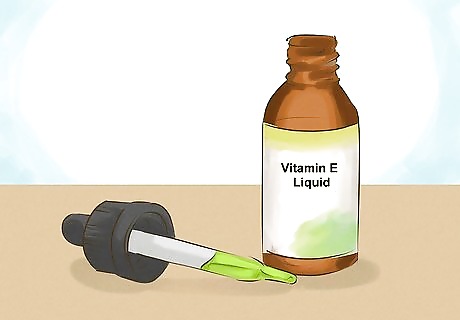
Avoid using Vitamin E. While many people believe that Vitamin E helps scars, it can actually cause rashes or irritation. To be safe, don't put Vitamin E oil, gel, or capsules on your scar.
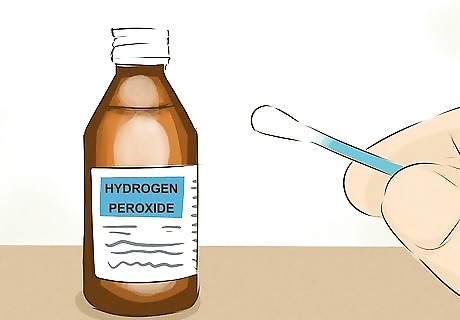
Don’t use hydrogen peroxide. Hydrogen peroxide has the effect of destroying skin cells. By using hydrogen peroxide, you’ll inhibit the growth of healthy cells and prolong the longevity of a scar. Instead of using hydrogen peroxide to clean a wound, try antibiotic ointment or aloe vera.
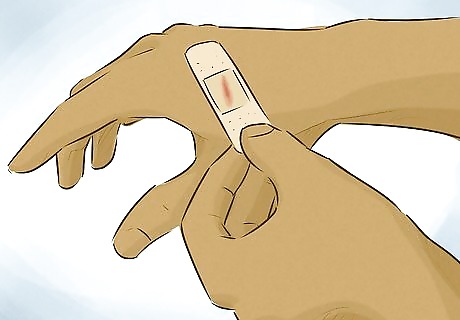
Cover your cut. Many people recommend allowing a cut or scar to “breathe.” Unfortunately, this has the impact of inhibiting cell growth. Instead, cover your cut and keep it moist with aloe vera or something similar. Use an adhesive bandage or gauze to cover the cut or scar.

Avoid frequent sun exposure. Whenever a wound or scar is healing, you should stay out of the sun. Sun exposure could undermine the ability of the skin to heal correctly. It could make the scar worse. As a result, if you must go outside, make sure to wear a wide-brimmed hat, long clothes, and sunscreen.


















Comments
0 comment